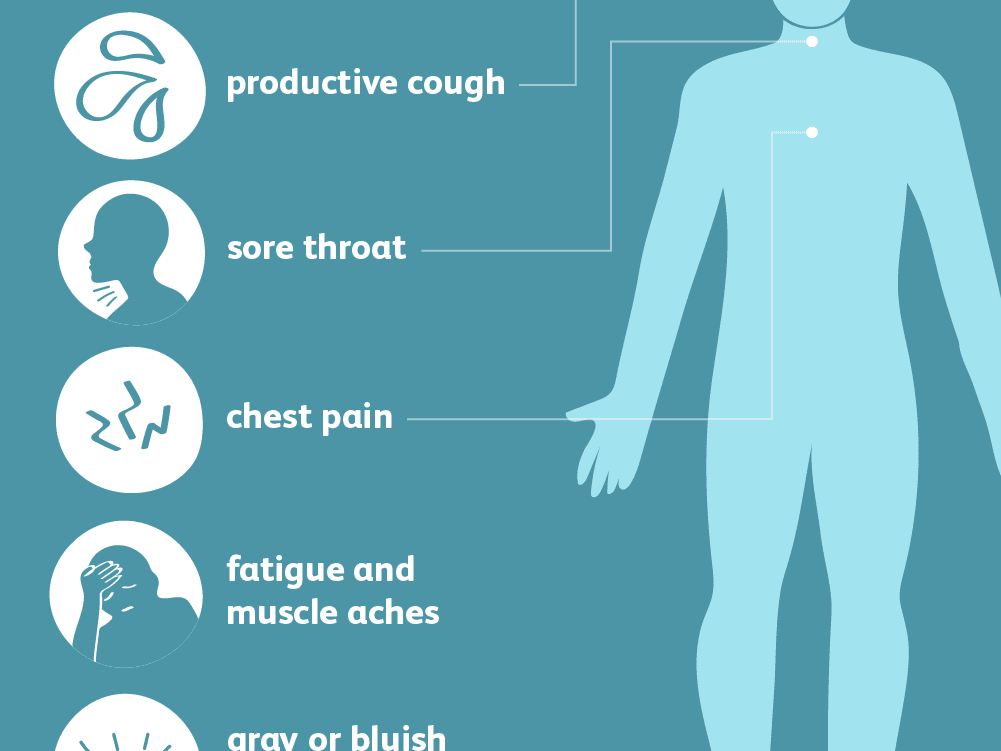Pneumonia, which is a respiratory infection, can cause bloating, coughing, or wheezing, depending on the stage of the infection. Most often, pneumonia is associated with the flu, but some of the other more serious stages of pneumonia are usually associated with the common cold. Common symptoms of pneumonia:
Coughing up blood, green or yellow mucus. Chill causing shivering. Feeling dizzy or dizzy. You can get this disease from a cough that doesn’t go away or from a virus, but it can also be from a minor infection.
These symptoms are common and usually easy to identify. However, pneumonia is sometimes difficult to diagnose because of all the other symptoms that pneumonia can show. If you have these symptoms and are unsure of where to go for help, you should seek immediate medical attention. Otherwise, your condition may worsen and you may even die.
Some other types of pneumonia symptoms that may occur include: persistent cough that does not go away or does not go away with medication. Your doctor can also tell you about a serious attack by taking your temperature. A rise in temperature during pneumonia may seem unusual. This a rise in temperature is a sign of a pulmonary infection.
If you have other symptoms, such as vomiting, you should talk to your doctor about these as well. Usually, if you are not vomiting, it will be obvious if you have pneumonia or another respiratory infection. It’s the same with those with breathing problems.
To avoid pneumonia, you need to learn to recognize the symptoms. For example, you should be aware that if you cough up blood, it could be due to pneumonia. In addition, if you feel that you are choking, you should call your doctor immediately. If you feel that you are having trouble breathing, you need to stop what you are doing and call your doctor immediately.

Also watch out for: fever, which is usually accompanied by chills and is often mistaken for the flu, and cough. You should call your doctor immediately if you do develop any of these pneumonia symptoms, especially the first two symptoms. In addition, if you are experiencing chest pain, you should stop your activities and see your doctor immediately.
It is also recommended to see your doctor if you have breathing problems. Pneumonia can be fatal, so you need to contact you as soon as possible if you experience these symptoms.
There are several different types of pneumonia. One type is pneumonia caused by a virus. There are also types of pneumonia that can be caused by bacteria, fungi, and viruses. The difference between the two lies in the type of bacteria causing pneumonia that causes the symptoms and the type of pneumonia.
Pneumonia can be caused by the bacteria Streptococcus pneumoniae. This pneumonia is usually caused by pneumonia, a respiratory infection caused by bacteria and is very common.
Symptoms of pneumonia include fever, sore throat and cough, chills, shortness of breath, and chest pain. If symptoms of pneumonia include difficulty breathing, see your doctor immediately.
As mentioned earlier, there are different types of pneumonia and the severity of each type of pneumonia is different, so it is important that you see your doctor. You need to know the different types of pneumonia and their differences. You should also be aware that if you do not develop any symptoms of pneumonia, and if they do, you should see your doctor immediately.
